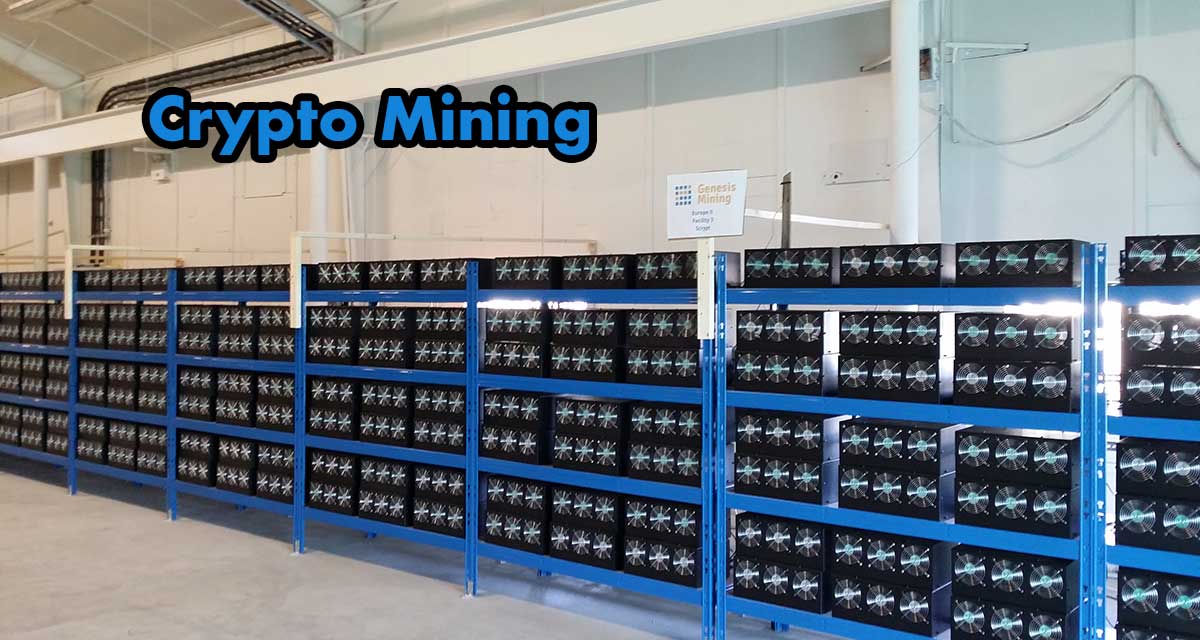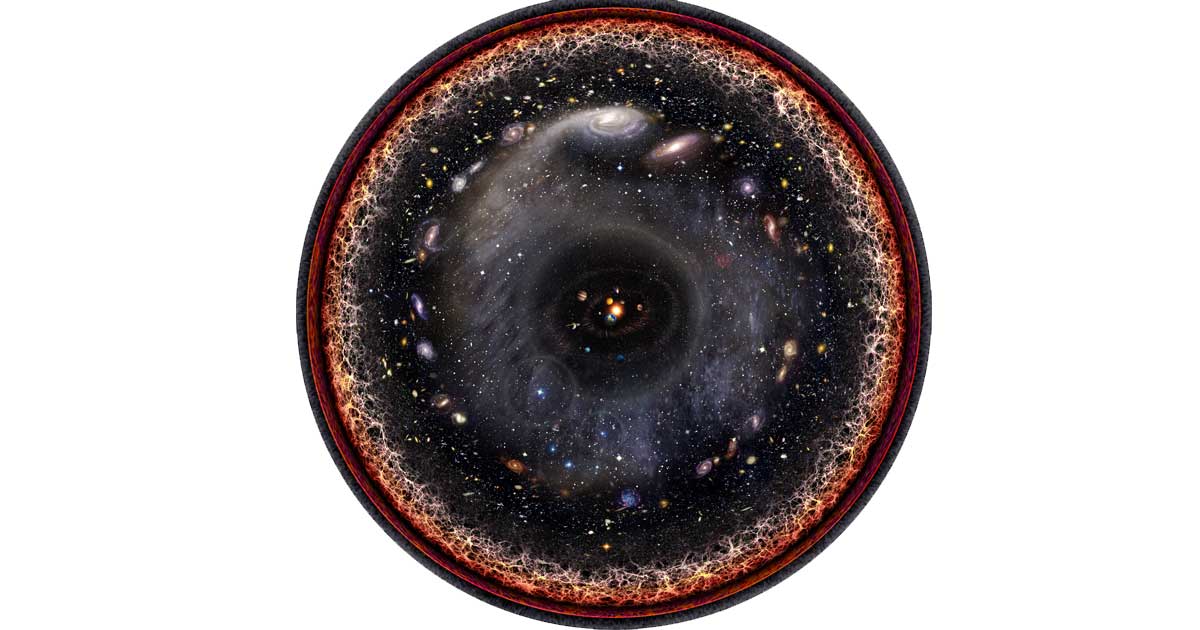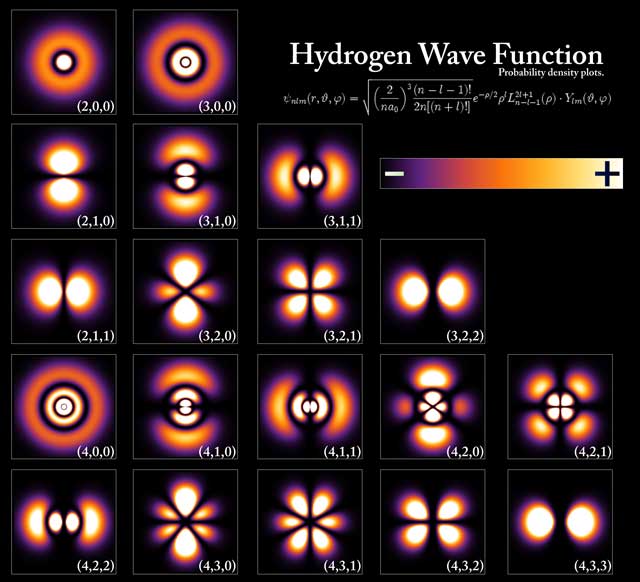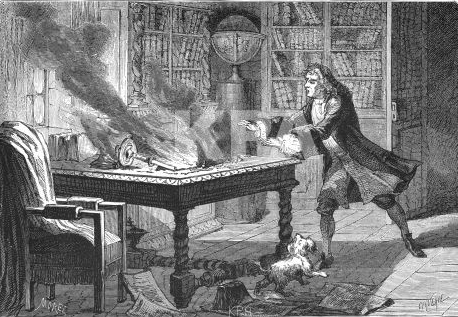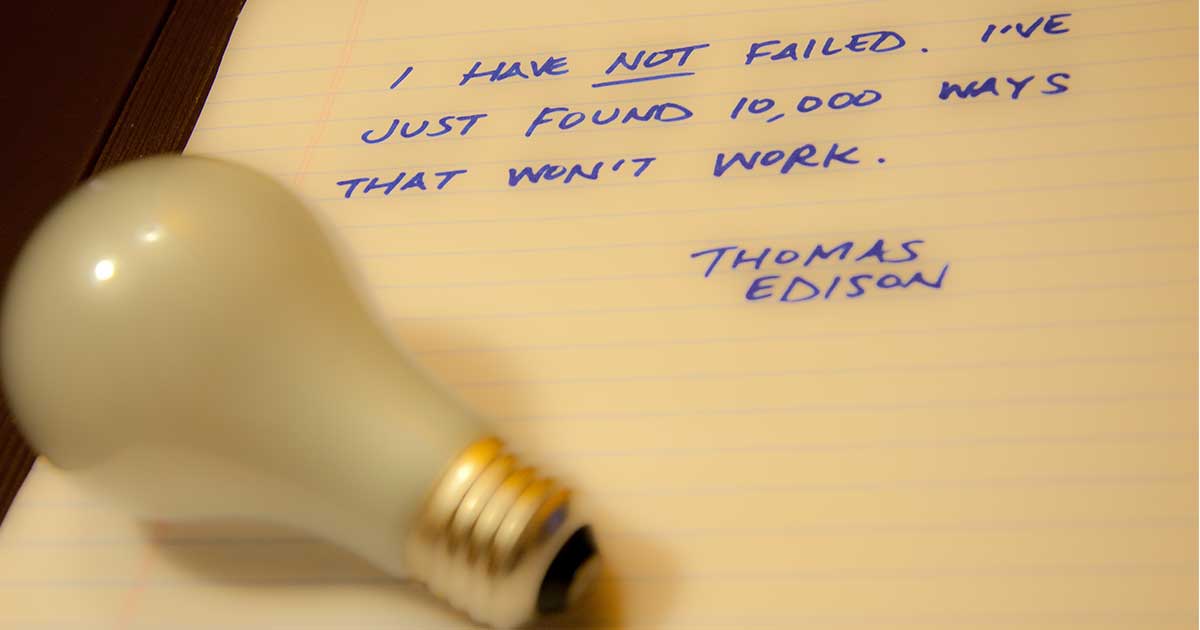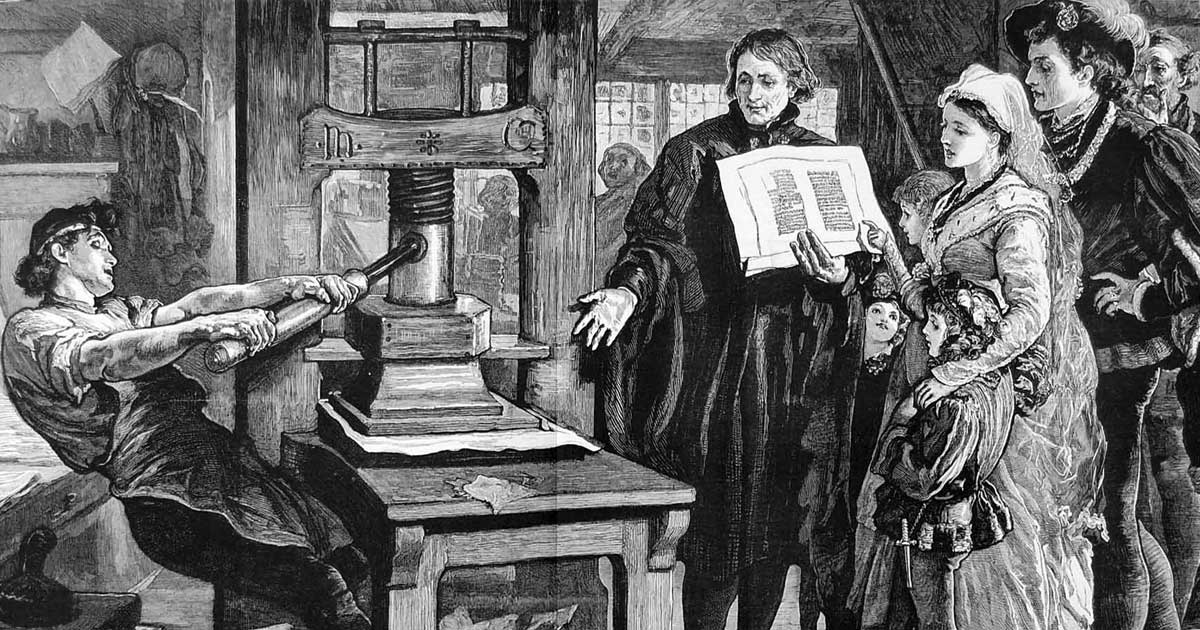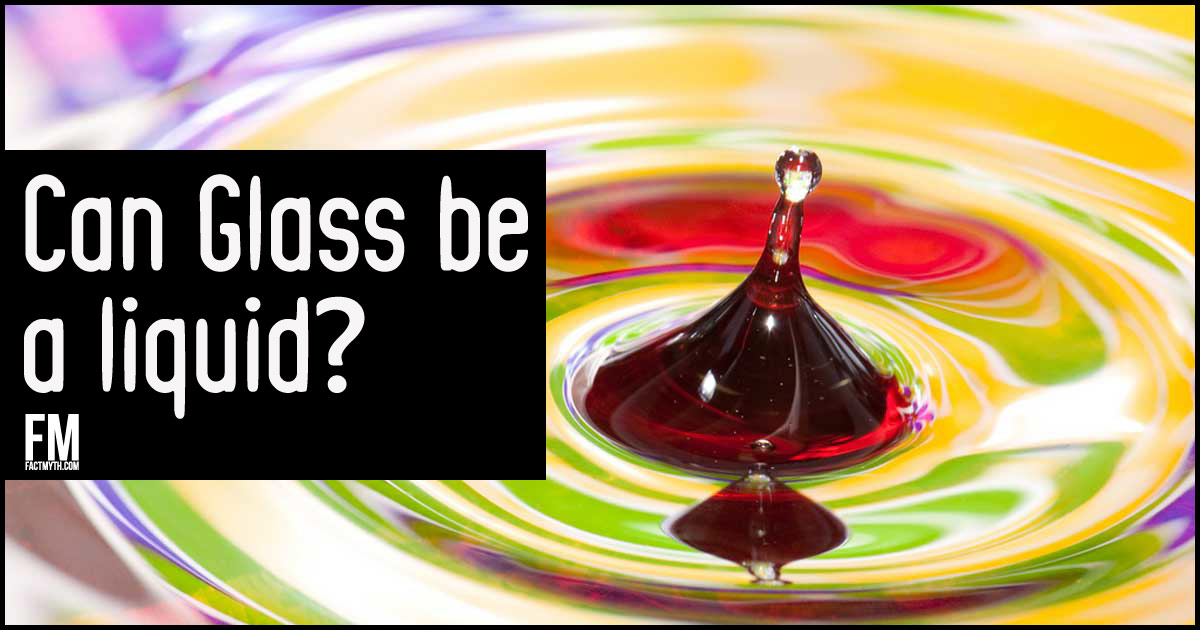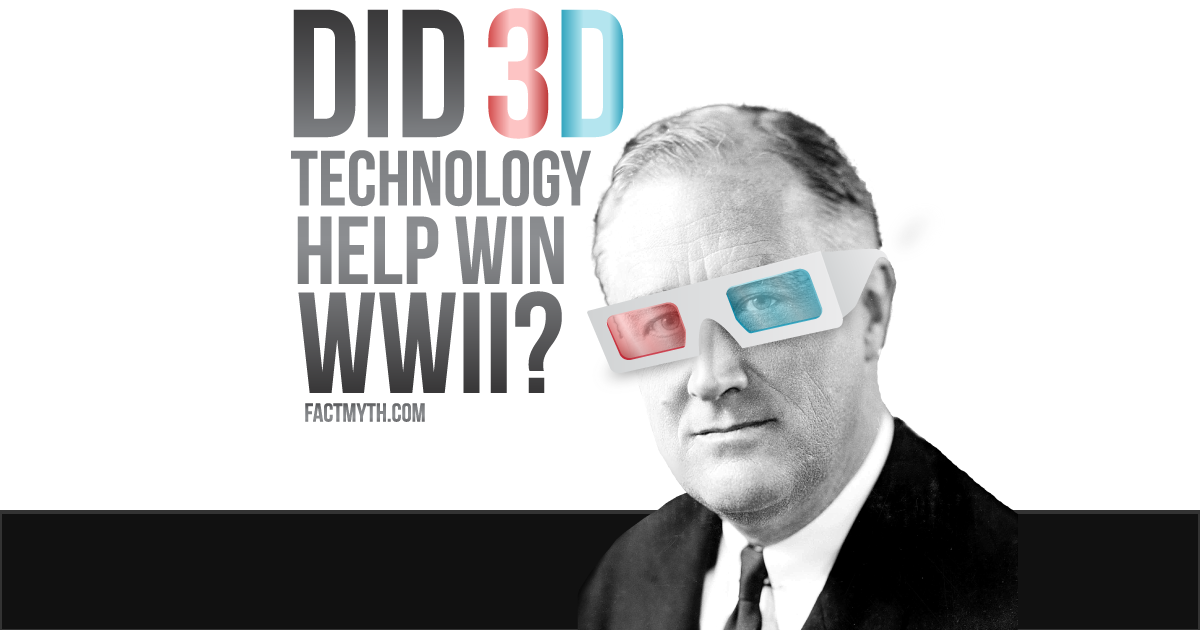Humans Explode or Freeze in Space Without a Spacesuit
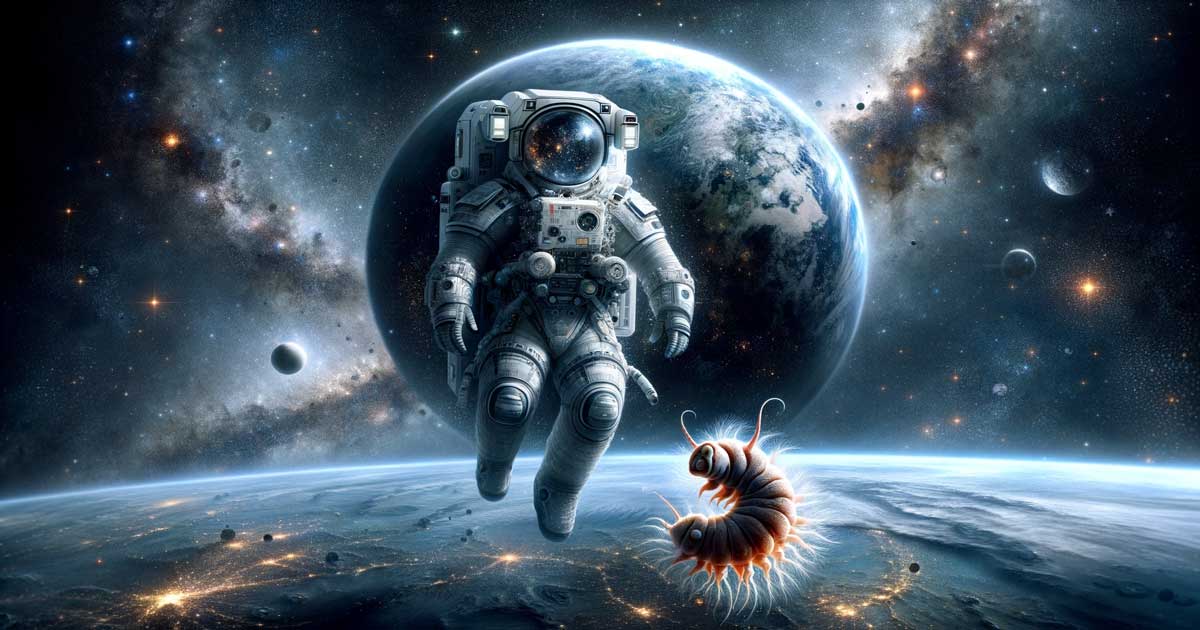
Contrary to popular belief, humans do not explode or freeze in the vacuum of space when not wearing a spacesuit. While exposure to such an environment without protection is extremely dangerous and would lead to death within minutes, the human body does not explode or freeze. It expands but skin is strong and would keep the body intact.

